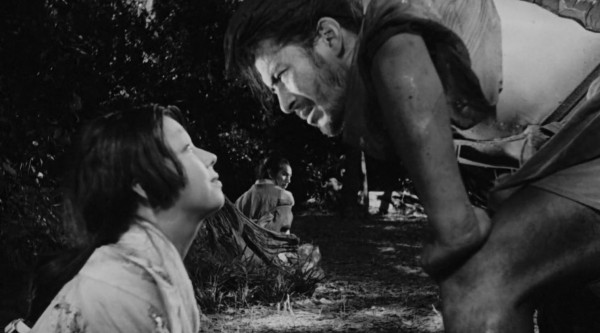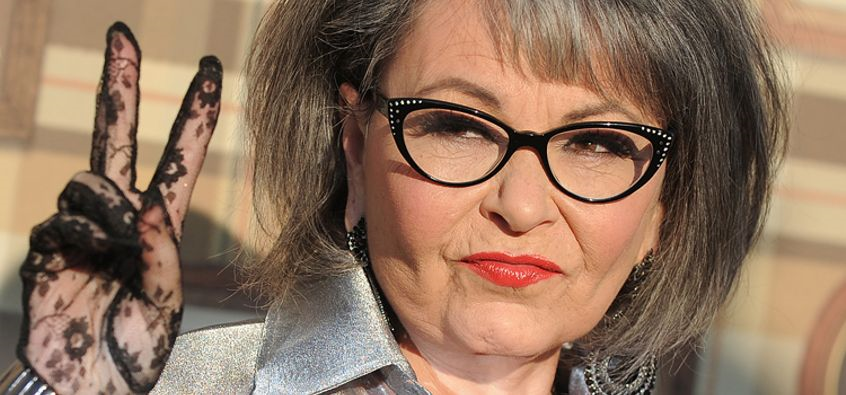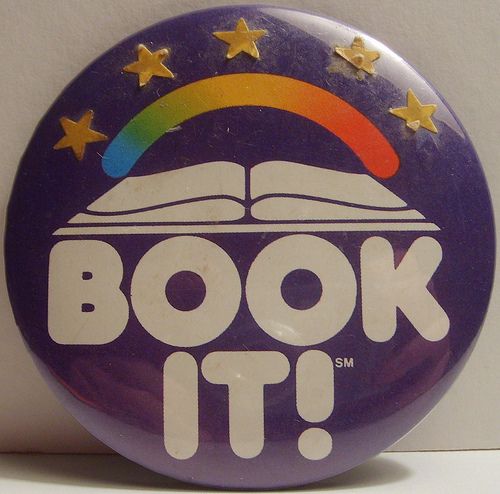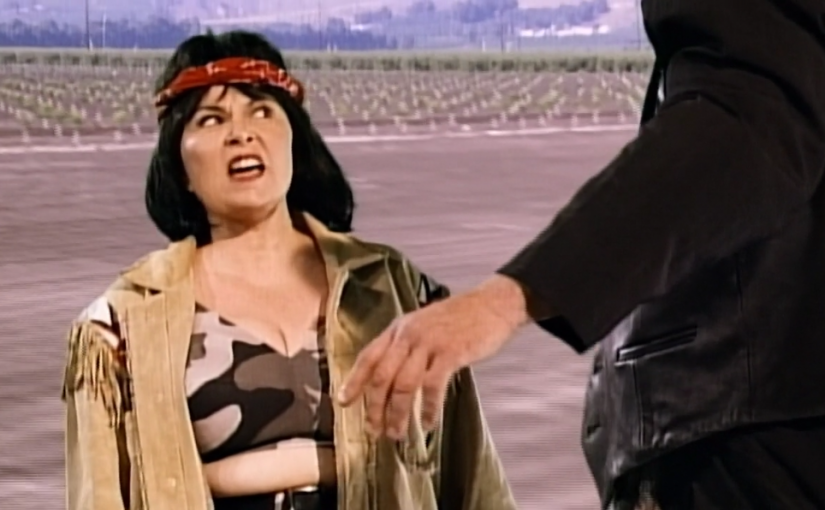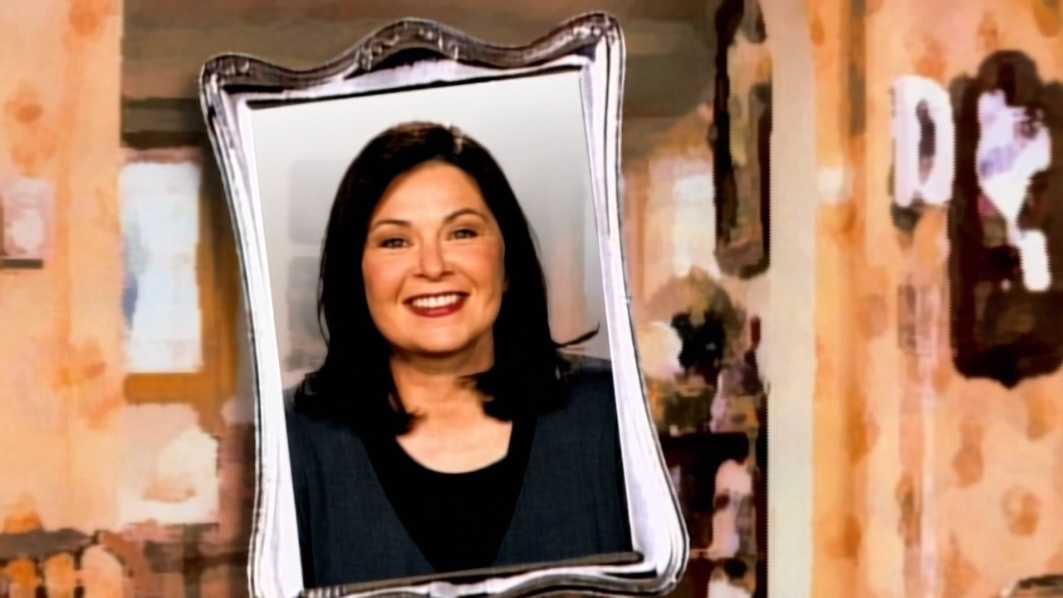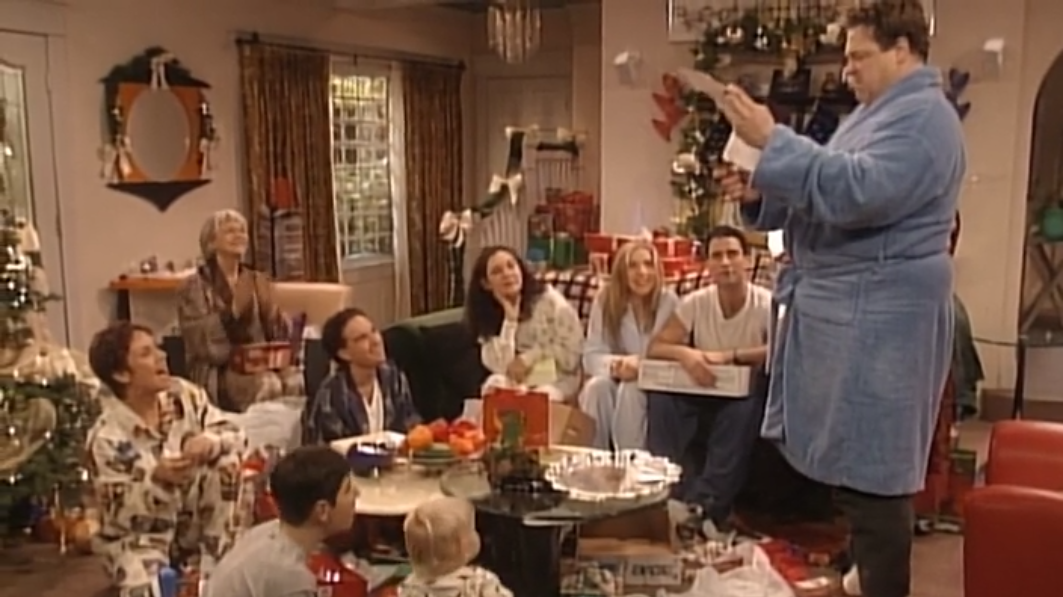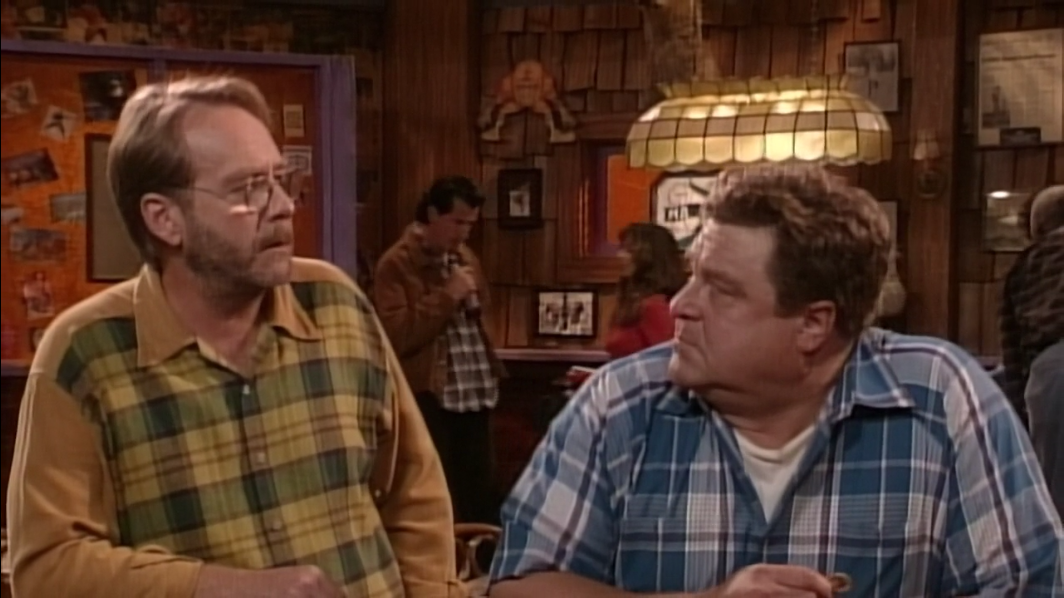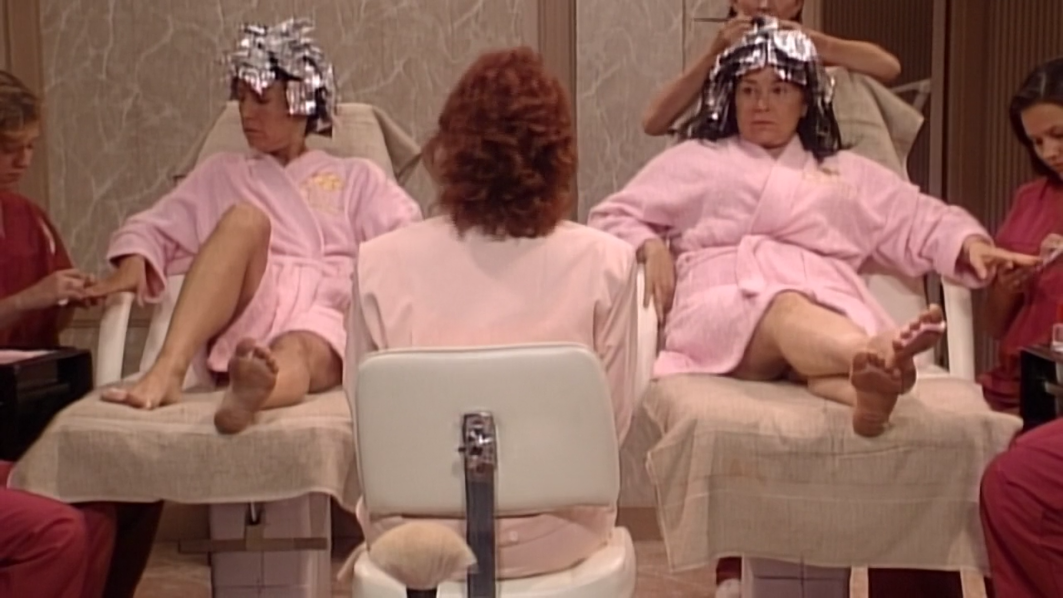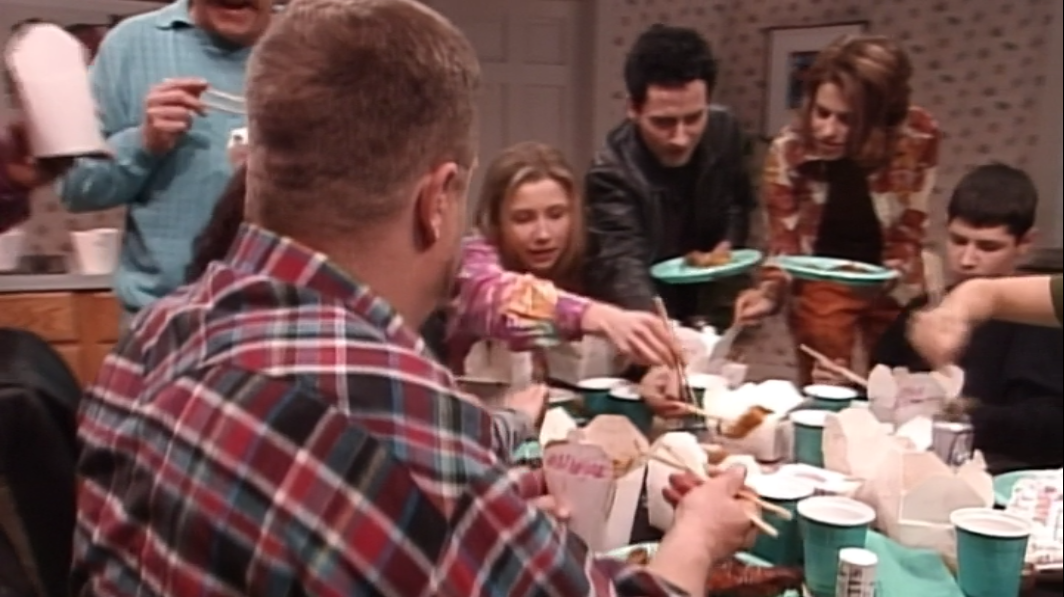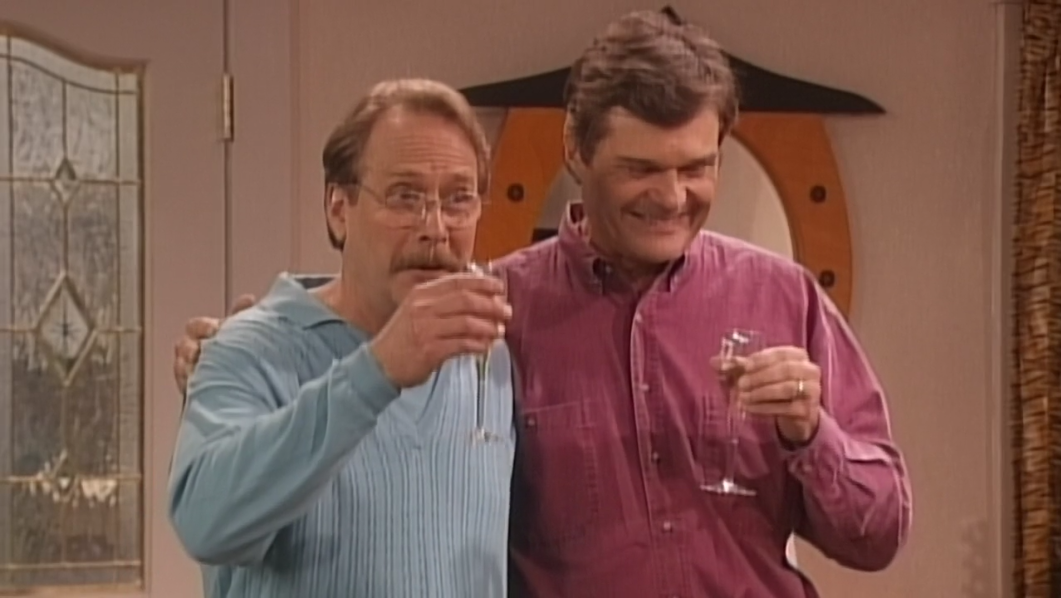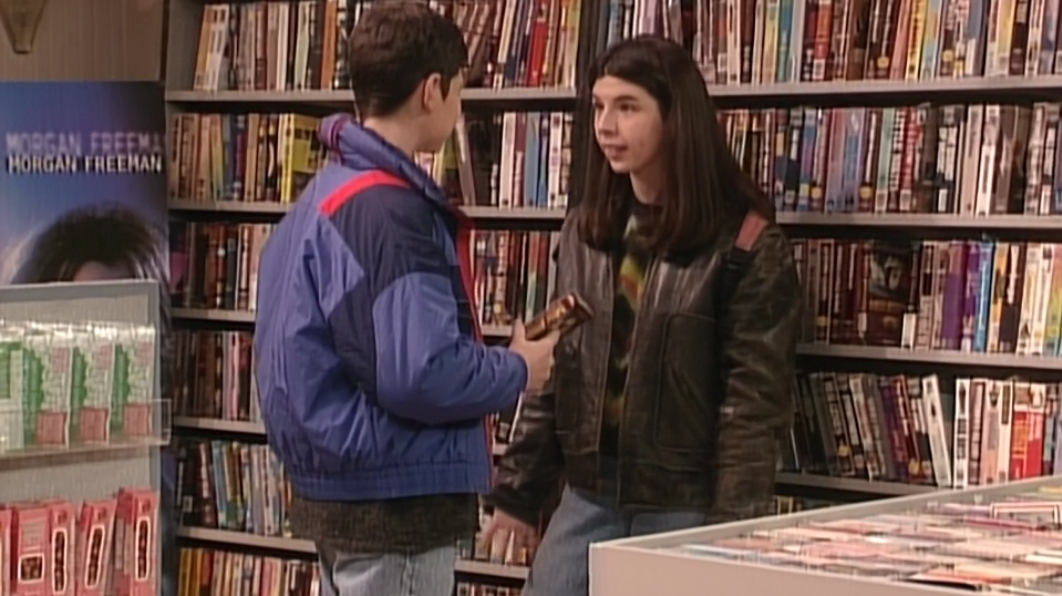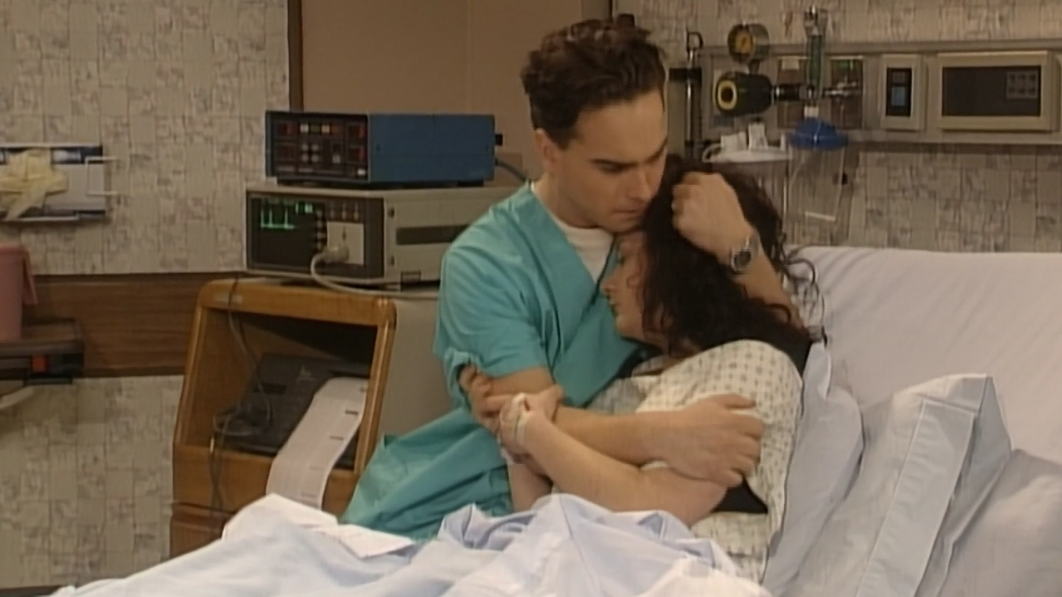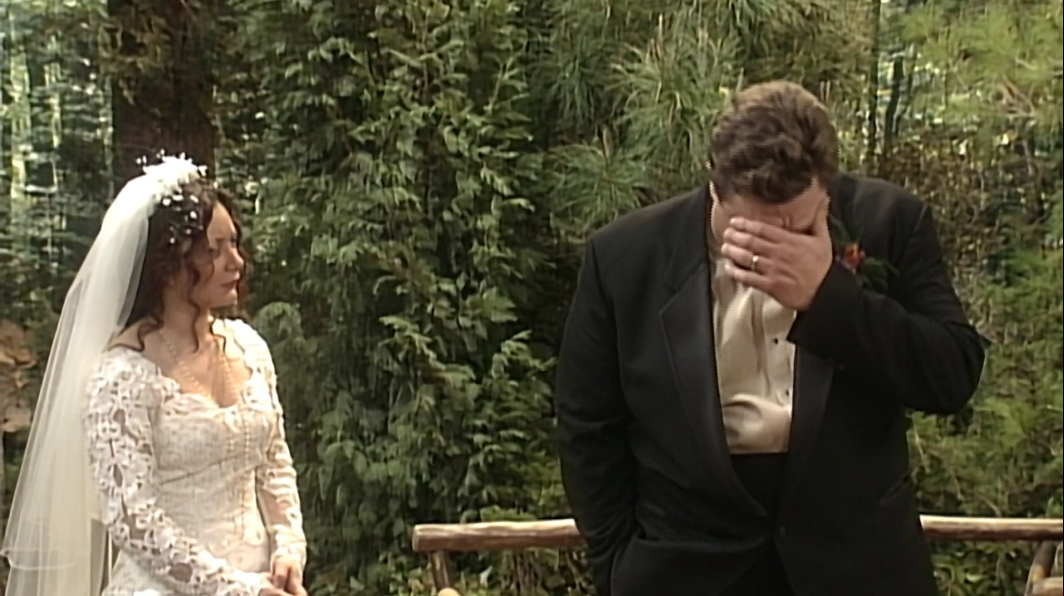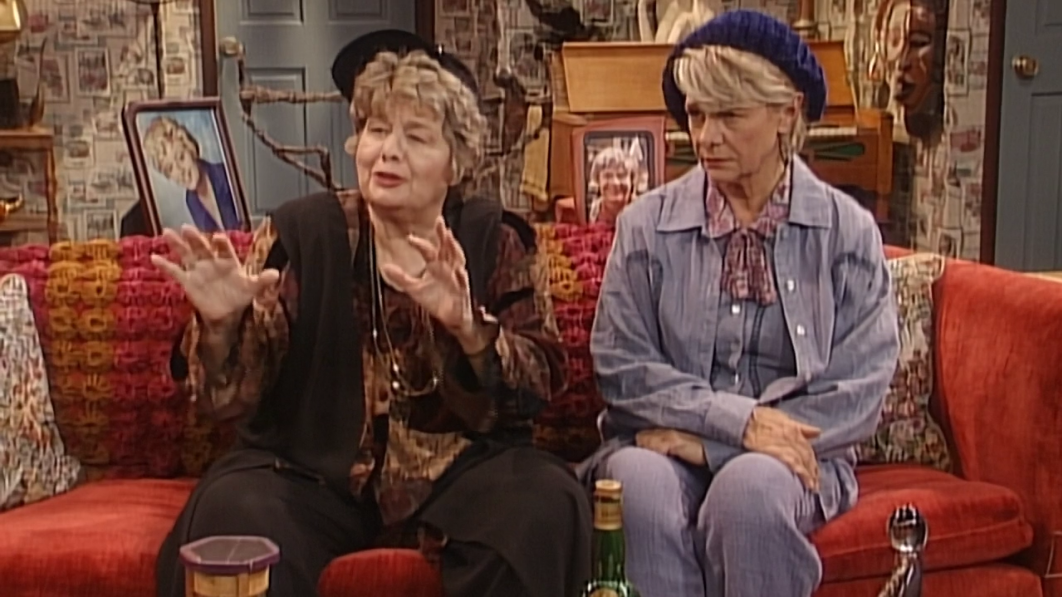I’ve already said that I can’t reveal much about the book I’m writing quite yet, but I think there are a few things I’m at liberty to share. One of them is that it’s a work of non-fiction. This is actually a source of amusement to me.
I’m a fictionist. End of story. When I sit down to write, I create characters. I figure out who they are. I let them interact and show me sides of themselves I never anticipated. I watch them bumble around and find their ways either forward or backward. (Usually backward.) It’s fun. I love it. And when I’m not writing, I’m dreaming up ideas, situations, complications, so that when I do write, I have some concept of where I can take things.
As of right now, I have two manuscripts that I would call complete. That is to say that I may well tweak them at some point in some minor way, but they’re finished. They’ve been written, rewritten, rewritten, edited, rewritten, re-edited, rewritten, and finalized. I’m happy with them. If I died tomorrow and somebody found them and they turned out to be my legacy, I’d be okay with that.
One is a work of high literary fiction called Afterbirth: The Comedy of Miscarriage. It’s a darkly humorous and deliberately overcomplicated narrative, told by a child who was never born. He relates — from wherever he happens to be now — the dozens of couplings and tragedies and coincidences throughout the generations that ultimately funneled two idiots together. Two idiots who created and quickly lost him. It’s a laugh riot.
I’m happy with it. By some miracle, the first draft was very strong, and a number of talented people came together to help me make it even stronger. I’ll always see it with fondness, even if it goes nowhere, but, in my humble (and utterly unreliable) estimation, it deserves to go somewhere at some point.
It’s not exactly a debut novel, though. It’s not the sort of thing an agent would have an easy time shopping around, especially coming from a nobody. So I got to work a few years later on something I thought would be easier to market: a pastiche of the detective fiction genre called, hey, Detective Fiction.
I started writing it for the sole purpose of having something with merits I could clearly and quickly communicate to agents. It doesn’t hop around through time or spin complex backstories for minor characters or sideline action in favor of theme like Afterbirth does; it tells a funny — though decidedly functional — detective story starring a character thoroughly ill-equipped to solve it.
It was going to be easy. That was the entire point of Detective Fiction. But, as I wrote it, I fell in love with it. I stepped back from it a little and saw glimmers of actual humanity that I then, as an artist, was obligated to expose. It’s still a far simpler story than Afterbirth, and it’s a more overtly funny one, but there was something real within these characters, in both positive and appalling ways, and I found Detective Fiction becoming something more than what I wanted it to be.
Which, ultimately, means nobody wanted that one, either.
I’ve solicited agents for these books off and on for years. I’ve worked on other projects. I’ve rarely stayed put, creatively, and even if I were to go nowhere, I wouldn’t see that as any kind of failure. The old man sits in his garage carving ducks out of blocks of wood. None of them will end up in a museum, nobody knows his name, at best they will sell for a buck at an estate sale after he dies. But carving them makes him happy. Carving mine makes me happy, too.
I’ve spent a lot of my life working on fiction, trying to sell fiction, seeing my short fiction published. (That’s much easier than shopping novels around, if you’re curious. My problem isn’t that I can’t find success in publishing…it’s that my heart is in longer works, and I don’t particularly feel compelled to craft tight, punchy stories the way I do to craft complex, meandering narratives.)
So, of course, the one thing a publisher snaps up from me is a work of non-fiction.
It’s a laugh riot.
I don’t mean to downplay this in any way. I’m thrilled. The book is coming along great. And getting a work of non-fiction published actually makes more sense than getting a work of longform fiction published. (I’ll explain momentarily.) It’s just that I feel like I’ve been spending my life on the basketball courts, struggling for recognition, only to pick up a baseball bat and hit a grand slam. It’s a major achievement and something to be proud of…but you have to wonder what the hell you were doing over there.
I have a complicated relationship with non-fiction. I love it when it’s engaging, when it’s fascinating, when the authors are also expert storytellers. (Sy Montgomery’s The Soul of an Octopus, Shannon Moffett’s The Three-Pound Enigma, anything by Carl Sagan or Michael Pollan or Bill Bryson.) But too often, non-fiction just feels like text to me. Information. Great for a reference book, fatal for anything ostensibly readable.
And so I read far (far) less non-fiction than I do fiction. Bad fiction is still instructive. Sometimes, like bad movies, it’s even fun. Bad fiction helps me to understand and appreciate how good fiction works. Bad fiction can even inspire great fiction to come, by digging up incredible ideas that later authors run with more effectively.
By contrast, bad non-fiction just stinks.
It’s boring. It’s dry. It’s there and that’s fine and I’m willing to believe it’s accurate, but holy hell I sure don’t want to read it, no matter how interesting the subject matter should be.
Oh, and, here’s the other thing: I don’t believe non-fiction exists.
Or, rather, I think non-fiction is a deeply misleading term for what it actually is. Surely there’s merit (and urgency) in drawing a dividing line between the many factual books about World War II and the many stories inspired by World War II. An author who supplies, in some form, actual names and places and dates with the main purpose of providing an accurate historical record is distinct from an author who invents characters and plugs them into that backdrop. They both may arrive at a kind of truth. The novelist often even arrives at greater truths. But the process by which each author arrives at his finished product is importantly distinct.
To a point.
The mere process of translating history or science to text is a creative act. We have to decide what goes in and what is left out. We have to decide how much time to spend on each event we’d like to highlight. We have to decide how to present it. (Chronological presentation may seem to be an easy default, but it may not always work, especially if the fallout from the event you’ve just described won’t be felt for decades or centuries down the line; it may be wiser to pair the cause and effect so that the reader is sure to understand the connection.)
And then there’s the simple act of description. Writing is the process of encoding and decoding. If I were to write a (hopefully short) piece of non-fiction about a man I watched eating an apple, I’d have to take a wordless experience and translate it into a medium that consists only of words. I’d also, consciously, have to choose and arrange those words carefully, not necessarily because they’re the ones I’d like to use but because they’re the ones that would give you, the reader, the most accurate possible portrait of what I’m attempting to record. I’m creating a world, just as I would if I invented that man and his apple wholecloth. The fact that I didn’t is the only salient difference, and it’s an arguably incidental one.
Perhaps while that man ate the apple, a pigeon landed next to him, scrounged for some breadcrumbs, hopped around a bit, and then was startled off by a child. I saw it happen. I observed it. But including it in my work of non-fiction would almost certainly distract from the man eating the apple…the very subject I’m trying to write about. Knowingly distracting the audience from the point I’m trying to make would be idiotic, sure, so I leave the pigeon out, leave the breadcrumbs out, leave the playful child out.
But then, didn’t I just drift into fiction? By curating the scene, I’m presenting an alternate version of what actually happened. What I include may be as truthful as possible, but I’m excising so much else. By choosing not to report something — and every record of every kind must choose not to report something, or there wouldn’t be time enough in life to report anything — I’m inventing. I’m inventing a version of that man who ate an apple without the pigeon, without the car honking away in the distance, without the leaves flitting by on the ground, without the clouds in the sky and where they were positioned and how big they were and what they looked like. And how many times did he blink? I don’t know. I don’t have access to that information. I will have to craft my work of non-fiction without knowing everything about what I’m actually recording.
In short, what I mean to say is that there’s always an element of fiction in non-fiction. I don’t know that there’s always an element of non-fiction in fiction, though there frequently is.
Fiction is where my heart is, and where it will always likely be…but how much fiction have you read from me? Maybe a little; I’ve posted a bit of it here. How much non-fiction have you read from me? Well, that would be just about everything you’ve read from me.
I’ve always written stories, but I’ve found success as a critic, as an essayist. It’s why you’re here. It’s why my publisher has any idea who I am. When I spoke with him on the phone, he told me he was impressed that I’d successfully built a following that tunes in just to see what I’ll say next. That’s the sort of thing that happens quite often to fictionists. I don’t think it happens as frequently to essayists, especially those who cover as much disconnected ground as I do.
I don’t know that this means I’m a great writer of non-fiction. More likely, if I really had to appraise myself critically, I’d say it just proves that I’ve learned to take much of what I’ve wanted to accomplish with fiction, and found out how to bring it to life in non-fiction.
I try to tell stories here, and I try to tell them in the same way that I enjoy telling stories I made up. I let myself digress. I hop around in time. I provide little backstories for the minor characters I mention. I’m telling the truth, but I’m aware that it needs to be curated, and I find that curation to be a lot of fun. I’d be doing the same for invented characters, after all. Why not give creative shape to those that actually exist?
The ALF reviews were little stories, which essentially laddered up into a larger one. They’ve already brought more enjoyment and laughter and satisfaction to people than any fiction I’ve written. When I write an essay about a movie I’ve seen or a book I’ve enjoyed or a video game I’ve played, I try to write a story. I try to spin a narrative that’s worth reading, whether or not you have any familiarity with or interest in that movie or book or game.
I try to let my personality shine through. Why wouldn’t I? It’s who I am. I’m a snarky son of a bitch with an extraordinarily soft heart. I’ll laugh at works of terrible art right up until the moment they touch me, at which point I’ll defend them to the death. I’ll pretend I don’t care what people think of me or what I have to say, but I hope it’s always clear to you that I do care, that I want you to enjoy the time you spend with whatever silly thing I’ve been writing, and that I respect your opinion of it more than I could ever respect my own.
And so it’s probably not all that strange that the fictionist has signed his first publishing contract for a work of non-fiction. Maybe it’s actually a good thing. Readers here and elsewhere know me overwhelmingly for my works of non-fiction. Maybe they wouldn’t have much interest in reading a novel of mine. The fact that they pop in to find out what I thought of some largely forgettable Mega Man game doesn’t mean they care at all about a 600-page story I’ve written about Brutus the Time-Traveling Hobo.
That’s okay. I thought I’d end up going down one path, but it’s no less thrilling to go down the path next to it, especially when the destination is the same. It keeps things exciting. It keeps things surprising. Just as a character I invent will inevitably turn out to be something other than what I expected, so do I, the author. That’s all part of the fun.
The great news is that the book I’m writing will be of interest to readers here. There’s no question. You may or may not buy it, of course, but you’re at least the right audience for it. You’re used to the approach. You’ve seen it here before. In fact, it’s even a subject I’ve covered on this site a number of times. (Though, it’s fair to say, never in this way, at this length, or so satisfactorily.)
It’s a book I am excited to share more details about, because I think it will result in a lot of people saying, “Oh!” Unlike my announcement of Brutus Rides Again! which would understandably be met with something closer to “Oh…”
At some point, without realizing it, without knowing it, I started investing all of my writing with the same love and attention that I used to set aside only for fiction. I think novelists have a noble calling, but I think that any book, however real it is, whatever the subject matter, whoever it’s for, should still be able to take the reader on an adventure. It should still be able to transport them to places they haven’t been and show them things they’ve never seen. It should, as Thomas Pynchon would have it, “project a world.”
It should matter. There’s no reason non-fiction can’t touch a life or spark the imagination or reveal new perspectives the way fiction does regularly.
I’m a fictionist writing a work of non-fiction. I look forward to you telling me, in time, how I’ve done.
